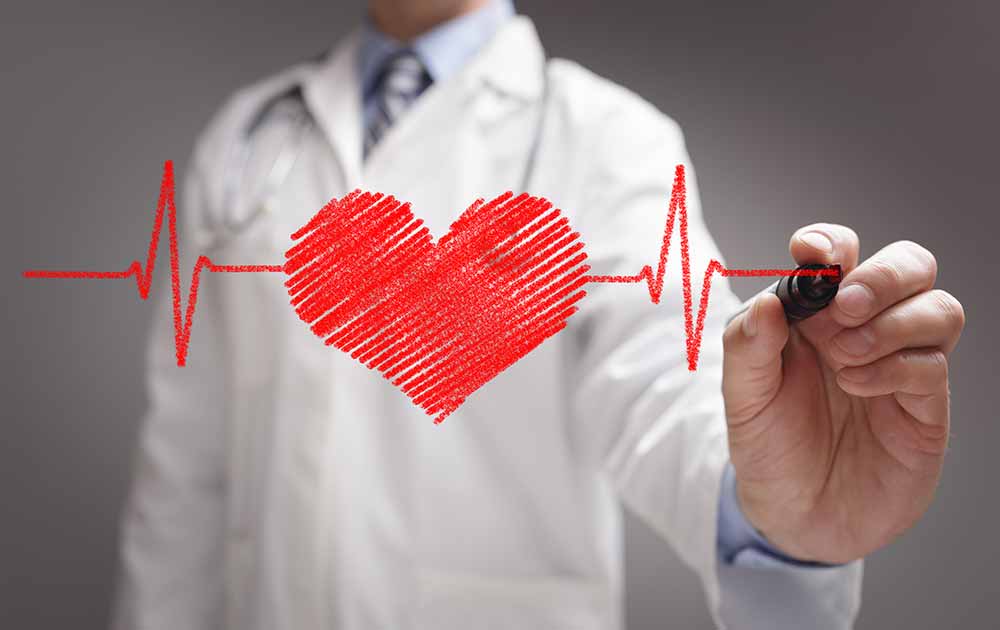Keep Learning: About New Addiction Treatment Options

12 THINGS YOU MIGHT NOT KNOW ABOUT ADDICTION TREATMENT
- “Asylum,” the old mental-hospital name that also refers to refuge from political or legal persecution, is derived from the Greek asylon/asylos, which means “refuge/inviolable.” Today’s negative connotations came about because of pairing with the pejorative word “insane,” and because patients in official “asylums” were frequently mistreated.
- Over-the-counter “drug detox kits” are available, but not recommended because of health risks. Many people think—erroneously—that such kits can also deliver a deceptive “clean” reading on drug tests.
- Not all recovery programs are 12-Step-based. Alternative approaches include focusing on inner strength and personal self-control, pinpointing the most effective sobriety motivations, and stressing non-religious perspectives.
- The widest-used textbook on drug-dependence issues is The ASAM Principles of Addiction Medicine, now in its fifth edition.
- The National Institute on Drug Abuse provides a list of “Principles of Effective Treatment,” which include: addiction is a genuine disease that affects brain function, every patient needs an individualized treatment program, and medically assisted detoxification is only the first step.
- The majority of people with addiction disorders never get professional treatment, usually due to stigma or denial, or to impaired judgment caused by other mental-health problems.
- The cost of providing effective treatment for everyone with substance use disorders would be less than 5% of what untreated disorders are currently costing the U.S.
- People getting professional treatment for substance addiction are legally entitled to medical leave from their employers.
- The Affordable Care Act requires insurance companies to cover preventive services and care for mental-health problems, including substance use disorders. Mental-health advocates have been heavily involved in the political debate over universal-healthcare laws.
- The substance behind the greatest number of admissions to treatment programs is alcohol, followed by marijuana, heroin and crack.
- Although most people put off treatment until they are seriously addicted, substance use disorder can be diagnosed and treated at any time from the earliest stages.
- Medical doctors in various specialties—not just mental/behavioral health—are licensed to prescribe psychiatric drugs and make addiction-treatment referrals. If you suspect you are developing an addiction, don’t hesitate to discuss your concerns with your primary-care doctor.
ADDITIONAL RESOURCES
American Society of Addiction Medicine
Founded in 1954, ASAM is a professional medical society with over 4,600 members. Its purpose is to improve access to quality addiction treatment, and to foster prevention, through research and public education.
Depression and Bipolar Support Alliance
Clinical depression is a common co-occurring disorder with substance abuse. The DBSA provides news updates and wellness information (including help locating treatment professionals) to people with depression or bipolar disorder.
Genetic Science Learning Center, Science of Addiction page
A department of the University of Utah, reporting on numerous scientific studies.
Johns Hopkins Medicine, Research page
Website for one of the top health-care systems in the U.S. Includes a newsletter sign-up link and opportunities to enroll in clinical trials.
Mayo Clinic
Mayo is a nonprofit clinic and a top source of doctors and medical information. The online database includes over 2,000 articles on behavioral health.
Menninger Clinic
Among the most prominent mental-health treatment centers, founded in 1925 and affiliated with the Baylor College of Medicine. About 65% of Menninger patients have substance abuse disorder co-occurring with another mental illness.
National Alliance on Mental Illness
NAMI is the largest grassroots mental-health organization in the United States, offering public education, advocacy and organized support groups.
National Geographic
The classic source of easy-to-understand information on all things scientific and cultural.
U.S. Department of Health and Human Services
The U.S. government’s official source of information and services on everything health-related.
U.S. Food & Drug Administration
A division of the Department of Health and Human Services, in charge of supervising and providing information on all health-related products available to the public, including drugs and medical procedures.
WebMD, Addiction page
WebMD is among the best available medical-article databases.

